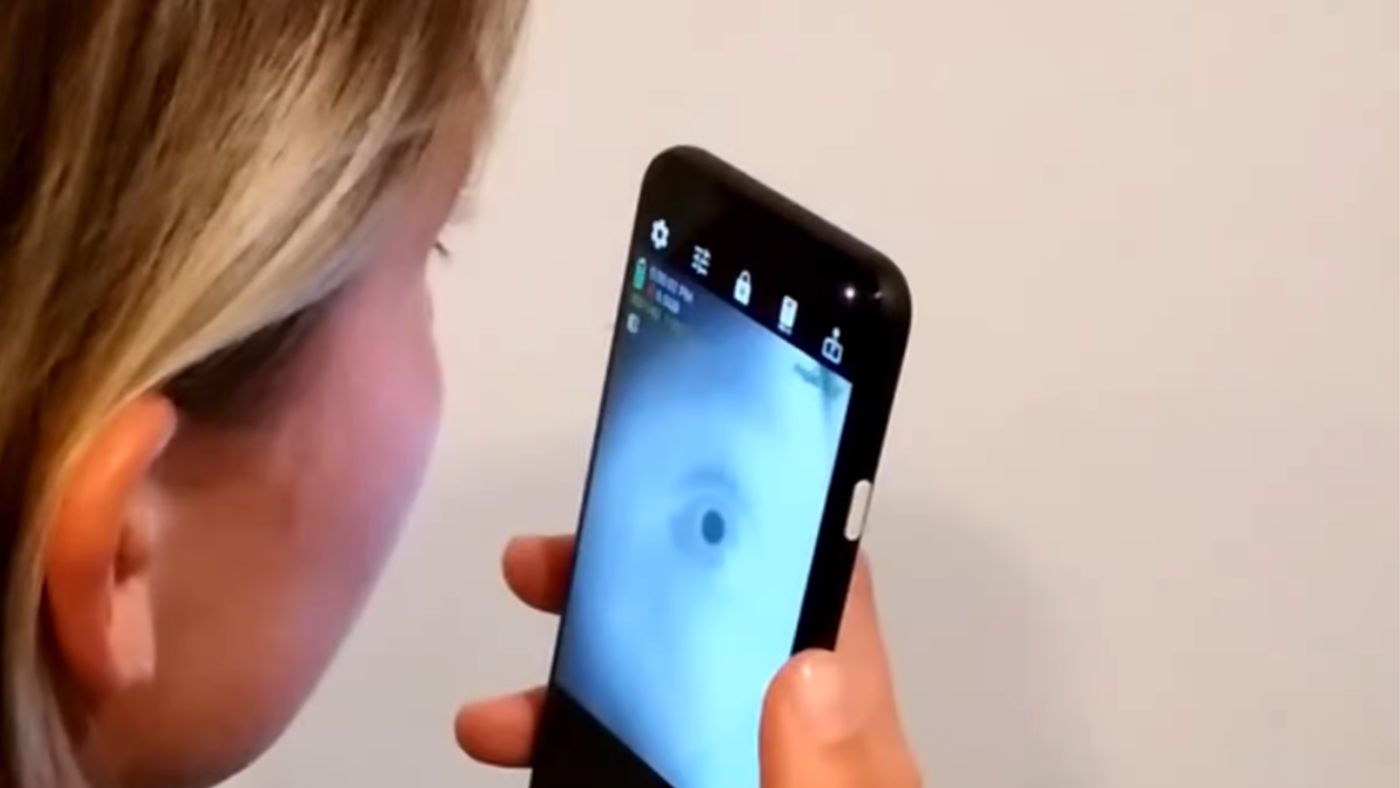A newly developed smartphone application has the potential to diagnose a rare form of early-onset dementia, which affected celebrities Bruce Willis and Wendy Williams, years before symptoms appear.
Researchers at the University of California have created an app that utilizes memory and sorting games to detect signs of frontotemporal dementia (FTD) with accuracy comparable to traditional medical tests.
FTD is a type of dementia that affects fewer than one in 30 cases and primarily strikes adults aged 45 to 65. It is characterized by distinctive behavioral and personality changes, often mistaken for psychiatric disorders.
The app demonstrated a 93% accuracy rate in distinguishing between individuals with FTD and those without it, matching the proficiency of standard diagnostic tools.
It also identified memory loss with 82% accuracy, aligning closely with existing diagnostic capabilities.
FTD remains poorly understood, and the researchers behind the app hope it will pave the way for deeper investigations into the disease, which affects an estimated 50,000 to 60,000 people in the US.
The app is intended primarily for use by dementia research teams rather than the general public.
FTD differs from other forms of dementia, which typically begin with memory and cognitive issues.
Instead, FTD initially manifests through emotional and behavioral changes such as impulsivity, repetitive behaviors, and aphasia—a condition affecting language skills in speech, writing, and comprehension.

Both Bruce Willis and Wendy Williams have been reported to have aphasia linked to FTD.
In the study, 360 genetically predisposed individuals, yet to show symptoms, engaged in executive function tests using the app, developed in collaboration with Datacubed Health.
Over 11 days and three sessions, participants played games like Ducks in a Pond and Humi’s Bistro, designed to evaluate cognitive abilities critical for problem-solving and social interactions.
Games performance on the app correlated with the degree of brain shrinkage—a hallmark of FTD progression—as well as changes in speech patterns and motor skills.
The app’s potential extends to monitoring treatment effects and potentially reducing the need for in-person clinical trial visits.
FTD typically eludes early diagnosis due to its onset with non-specific symptoms, often mistaken for psychiatric conditions.
This delay in diagnosis hampers timely intervention and management, as there are currently no treatments or cures for FTD. Managing symptoms, such as agitation, is the current standard of care using medications like Trazodone.
The disease’s progression leads to worsening cognitive and behavioral symptoms, increasing susceptibility to accidents and complications such as pneumonia.
Difficulty swallowing and other medical conditions may also arise, necessitating comprehensive care and management strategies for affected individuals.
